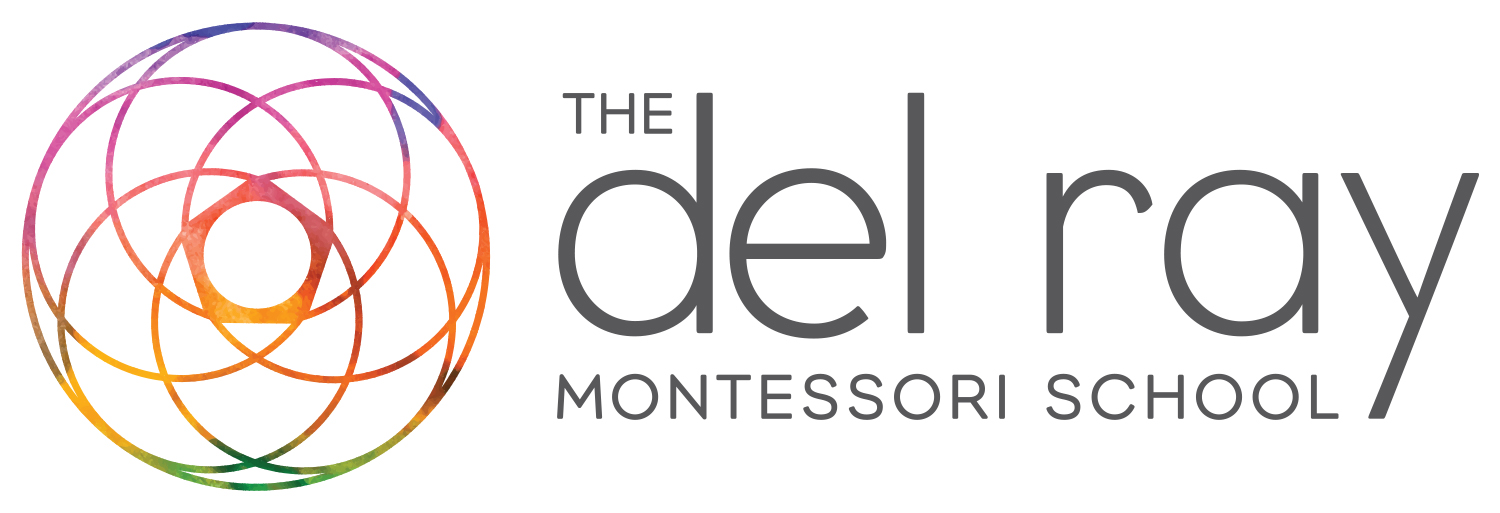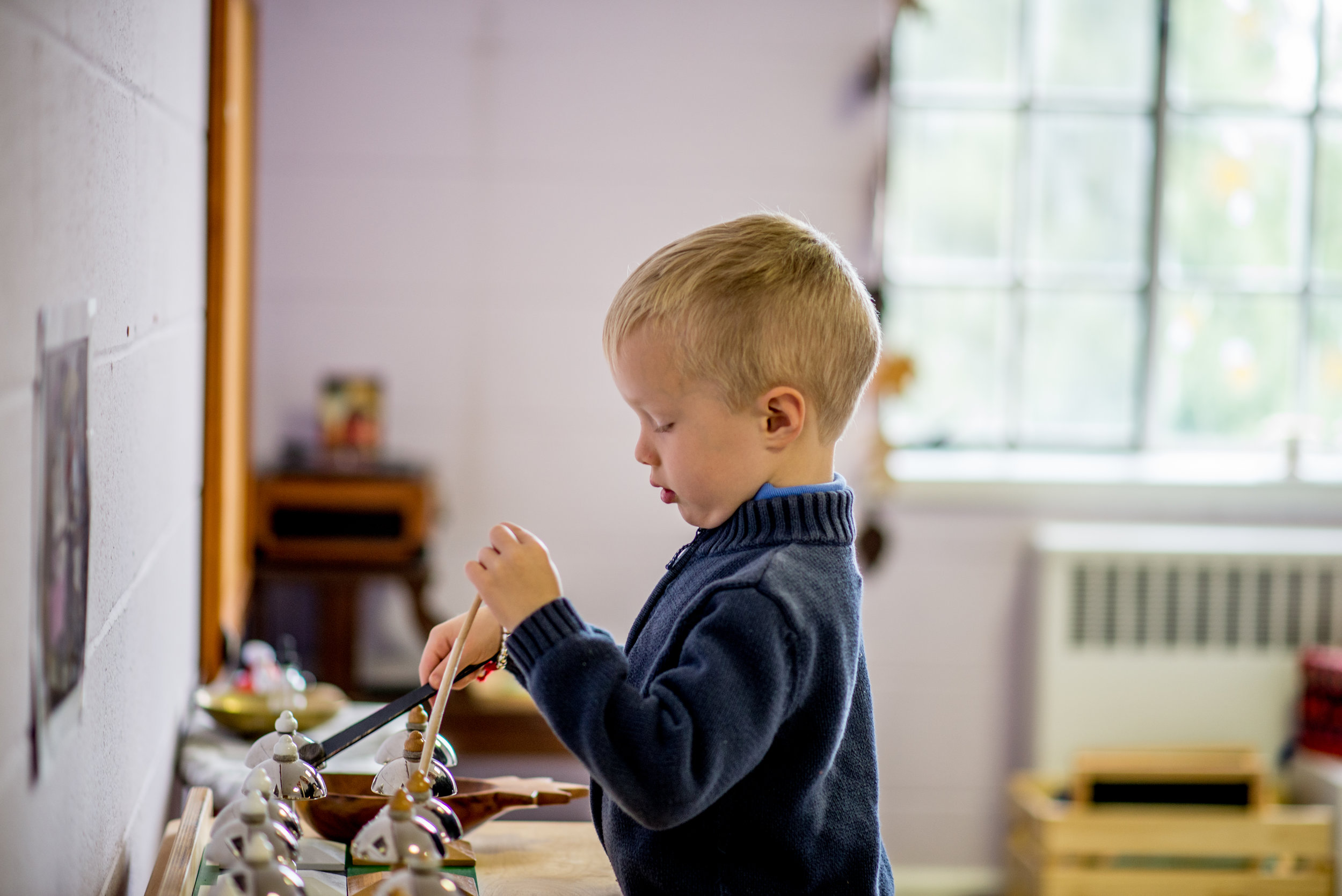Our juice
Research has shown that children learn best through purposeful hands-on activities with developmentally appropriate materials in a carefully prepared classroom environment. The teacher in a Montessori classroom acts as a guide, consistently giving lessons that build on children’s prior knowledge and which appeal to their natural curiosity and interests.
Our students are encouraged and given the freedom to engage in new and familiar activities, in order to explore the possibilities of each material and perfect their cognitive and motor skills. Movement with a purpose is of great importance for the mental development of young children, so we ensure that the Montessori activities involve the child’s body as well as mind.
The teacher quietly observes each child’s progress and assists when necessary, but also empowers children to work through challenges and discover new solutions either individually or as a small group. The careful scientific design of each Montessori material provides the children with the guidance they need to solve problems and achieve success on their own.
The mixed age group (of children between the ages of 3 and 6) gives all the students ample opportunity to teach and learn from each other. The younger children look up to their older peers, while our more mature students enjoy taking on a leadership role. This type of collaboration strengthens the classroom community, increases empathy among the children, and helps our students develop self-confidence.
The combination of these elements allows our students to develop their capacity to concentrate, empathize, and find creative and effective solutions to challenges. Montessori provides a well-rounded education, but more importantly, it establishes a crucial foundation that will prepare children for the challenges of life.
Our Primary program is based on the following curriculum:
Practical Life exercises help our students learn how to care for themselves and others, and instill respect for the environment. These activities include some of the daily routines your child observes at home: preparing food, washing dishes, dressing oneself, and practicing accepted social graces and courtesies of our culture. These exercises allow the children to develop muscular coordination, learn to follow a sequence of steps, and explore natural consequences in a safe and accepting environment. They also help children develop the concentration and independence they will need to succeed in academic tasks.
Sensorial materials provide opportunities for our students to fine-tune their senses. The children learn to order and classify impressions by touching, seeing, smelling, tasting, listening, and exploring the physical properties of the Montessori materials. These activities translate to their broader environment and lead children to develop a deeper appreciation of their world.
Language development is informally weaved into every aspect of the classroom through extensive oral language opportunities, such as conversations, stories, and poetry. The formal language work includes oral language development, vocabulary, written expression, reading, grammar, creative dramatics and literature. The language program is rich and inviting, and serves as the foundation for much of what the child learns in other areas of the environment.
Mathematics activities help children understand abstract concepts by representing them in concrete form with specific Montessori materials. A solid understanding of basic mathematical principles during the preschool years will prepare the child to reason abstractly and solve problems successfully in Elementary. Activities in math offer concrete experiences in areas such as the decimal system, the four mathematical operations and fractions.
Geography materials feed the children’s desire to know where they live in relation to the world. Our students explore the world with puzzle maps of the continents and countries, and then are encouraged to delve deeper into an exploration of their own country. The Geography curriculum also explores land and water forms and cultural studies.
Artistic development is explored not only as a means of self-expression, but also as a cultural phenomenon that surrounds us. The children are exposed to a variety of artistic concepts in conjunction with other areas of the curriculum and are encouraged to produce original artwork with assorted media.
Music education is widely available in a Montessori environment by incorporating singing, rhythm, instruments, and music history.

